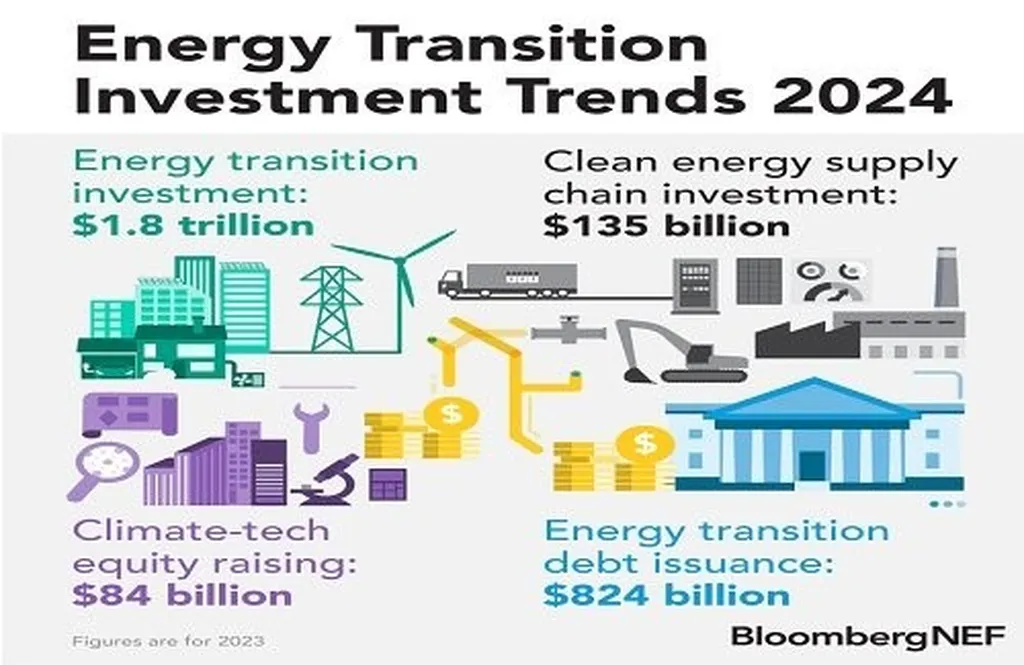In a rapidly evolving energy landscape, electric vehicles (EVs) are emerging as a cornerstone for reducing greenhouse gas emissions and bolstering grid power quality. A recent comprehensive review published in the *IET Electrical Systems in Transportation* journal, led by Shady S. Refaat of the Department of Electrical and Computer Engineering, delves into the intricate world of EV technologies, offering insights that could reshape the energy sector’s future.
The study highlights the myriad advantages of EVs over traditional internal combustion engines (ICEs), including lower emissions, reduced oil dependence, and improved energy efficiency. “EVs are not just a cleaner alternative; they represent a fundamental shift in how we think about transportation and energy consumption,” Refaat explains. This shift is not without its challenges, however. The paper underscores the need for a deeper understanding of the factors that facilitate the seamless integration of EV technology into our daily lives and infrastructure.
One of the paper’s key contributions is its comparative analysis of different hybrid EV (HEV) technologies, including full HEVs, mild HEVs, and plug-in HEVs (PHEVs). By examining these technologies through the lens of electrification levels and energy sources, the research provides a nuanced perspective on their configurations and potential applications. “Understanding these differences is crucial for optimizing EV performance and ensuring they meet the diverse needs of consumers and industries,” Refaat notes.
The study also explores the architecture of EVs, focusing on critical components such as electric motors, battery management systems (BMSs), batteries, and charging technologies. The discussion on conductive and wireless charging systems, along with the challenges and standards associated with EV charging, offers valuable insights for energy sector professionals. As the paper concludes, the advancement of EV technologies and infrastructure is paramount to overcoming barriers to rapid EV adoption.
The integration of smart grid technologies is highlighted as a game-changer, enhancing EV charging efficiency, grid resilience, and energy sustainability. This synergy between EVs and smart grids could unlock new opportunities for the energy sector, driving innovation and commercial impacts that extend beyond transportation.
As the world steers towards a more sustainable future, this research serves as a guiding light, illuminating the path forward for EV technologies. By addressing the challenges and opportunities head-on, Refaat and his team pave the way for a cleaner, more efficient, and resilient energy ecosystem. The insights gleaned from this study are poised to shape future developments in the field, making it a must-read for professionals and enthusiasts alike.

